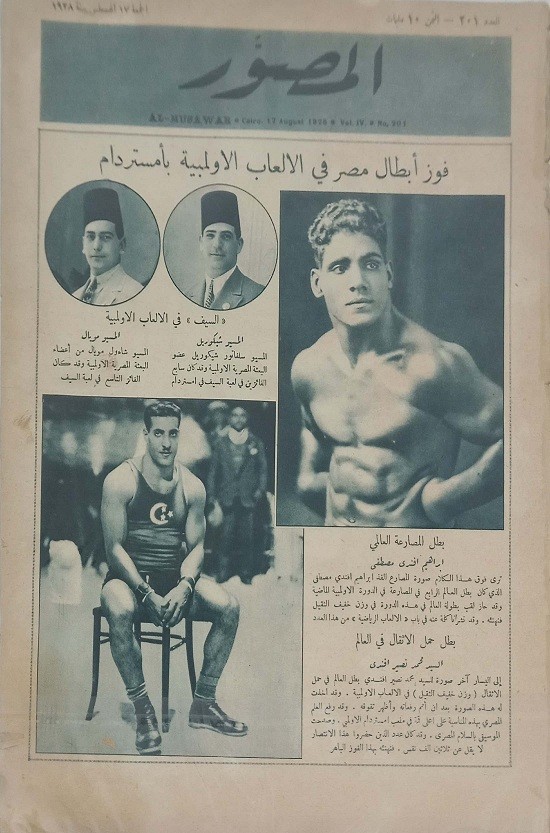Olympics or Olympics An international sporting event involving summer and winter sports, where athletes of both sexes participate in different competitions and represent different countries. This event is currently organized every two years in even years, alternating between the summer and winter games after the two competitions were held in the same year until 1992 and were stopped during World War I as well as during World War II. The ancient Olympic Games were held in Olympia, Greece, from the 8th century BC until the 5th century AD. Baron de Coubertin founded the International Olympic Committee in 1894 through the Olympic Congress. Since then, it has been the governing body of the Olympic Movement and its structure and procedure is determined by the Olympic Charter. The evolution of the Olympic movement in the 20th century prompted the IOC to keep pace with the Olympics to change global social conditions. Some of these amendments included the establishment of the Winter Olympics for snowboarding and snowboarding, the Olympic Games for athletes with physical disabilities and the Olympic Games for young athletes. The IOC also had to match the Olympic Games with the changing political, economic and technological realities of the 20th century. As a result, the Olympic Games turned away from the exclusive hobby, as Cupertane had imagined before, and became professional athletes. The growing importance of the media has also created the issue of corporate sponsorship and the marketing of the Olympic Games. The Olympic Movement now includes international sports federations, national Olympic committees and the organizing committees of the Special Olympic Games. The IOC, as a decision-making body, is responsible for selecting the host city for each Olympic Games. The host city is responsible for organizing and financing the Olympic Games in accordance with the Olympic Charter. The Olympic Committee sets out the Olympic program, which determines the competing games at each Olympic Games. The Olympic Games include many Olympic ceremonies and symbols, such as the Olympic flag and the Olympic torch, as well as the opening and closing ceremonies. More than 13,000 athletes competed in the Winter Olympics and in 33 different sports and 400 sports events. The first-place athlete wins the gold medal, the silver medal and the bronze medal. The games have grown so much that almost every country represents. This growth has created many challenges, including boycotts, doping, bribery of officials, and terrorism. Once every two years, the Olympic Games and the media provide unknown athletes with the opportunity to achieve national fame or international fame in some cases. The Games are also a great opportunity for the host country and city to rise and present themselves to the world. In 1896, the Games consisted only of summer competitions (winter competitions that did not begin until 1924) in which about 300 athletes from about 15 countries competed in 43 competitions in nine different sports, but when the 2004 Summer Olympic Games took place in Athens, Athletes from 202 countries competed in 28 different games.
New Items
Popular Tags





